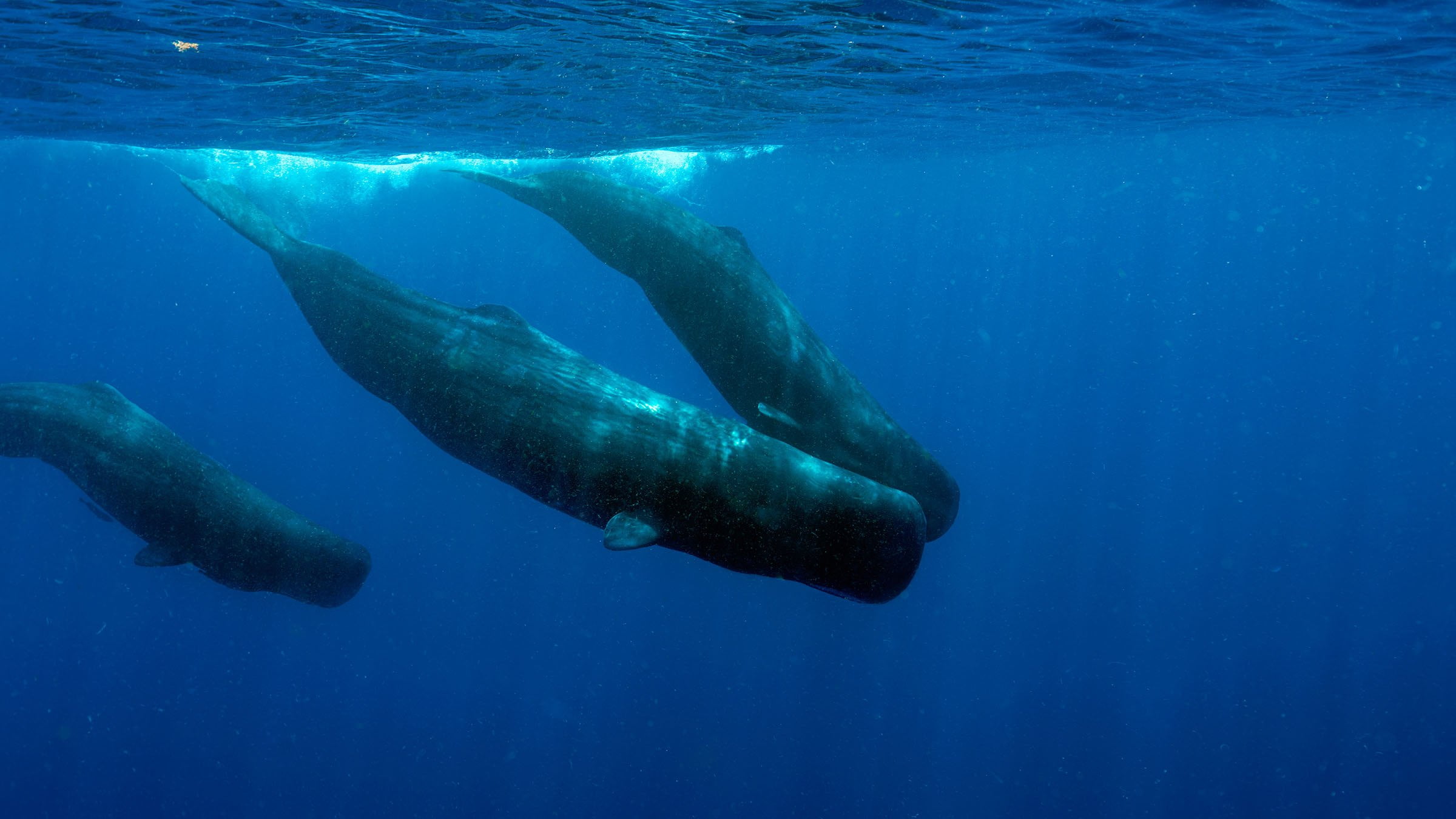Lance Corporal Tevita Lavaki, a resident of Grove, Oxfordshire, has recently admitted to breaching wildlife regulations in a case involving the attempted sale of whale teeth. This investigation, led by Oxfordshire Trading Standards, originated from a tip-off regarding a company advertising whale teeth on Facebook.
A search of Lavaki’s home uncovered over 40 sperm whale teeth, which are prized in several cultures, particularly in Lavaki’s homeland of Fiji. There, these teeth hold significant ceremonial value and are often bestowed as meaningful gifts.
PC Tim Bowers from the Rural Crime Taskforce, who spearheaded the investigation, described the seizure as one of the largest involving sperm whale teeth in the UK. Recognizing the severity of the case, he praised the successful efforts to bring Lavaki to court. Sentencing is scheduled later this month and will determine the repercussions for Lavaki’s actions under wildlife protection laws.
Sperm whale teeth possess a distinct cultural and historical importance, revered as “ivory” and carrying substantial symbolic weight. However, the illegal trade of such items presents a critical challenge, reflecting the tension between cultural practices and wildlife conservation imperatives.
The scale of this particular offense became clear with the discovery of over 40 teeth, underscoring the magnitude of illegal wildlife trafficking. Collaborative efforts between the Rural Crime Taskforce and other agencies ensured Lavaki’s prosecution, setting a landmark precedent for tackling wildlife crime within the UK.
PC Bowers emphasized the significance of achieving a conviction, highlighting the strong message it conveys about the gravity of contravening wildlife protection laws. This case exemplifies a commitment to safeguarding endangered species and reinforcing global conservation efforts.
Cultural considerations add complexity to such legal proceedings. In Fiji, sperm whale teeth hold profound value as symbols of reverence and esteem, often exchanged during pivotal life events. Balancing these cultural traditions with strict enforcement of wildlife laws remains a sensitive yet necessary task to combat the illegal wildlife trade effectively.
This case raises awareness about the broader implications of biodiversity loss and the illegal trade of endangered species. As Lavaki awaits sentencing, the outcome will likely set a precedent for how similar cases are addressed in the future, shaping the intersection of cultural heritage and conservation law.
Community awareness and cooperation play an essential role in dismantling illegal wildlife trade networks. Public vigilance and understanding are vital in supporting authorities’ efforts to protect endangered species and ensure the longevity of delicate ecosystems worldwide.
For those looking to contribute to local environmental or cultural conservation efforts, explore local clubs and societies or browse the Wantage business directory for organizations working on preservation activities. If your group is involved in promoting such causes, consider listing your event or initiative to foster awareness and community engagement.


